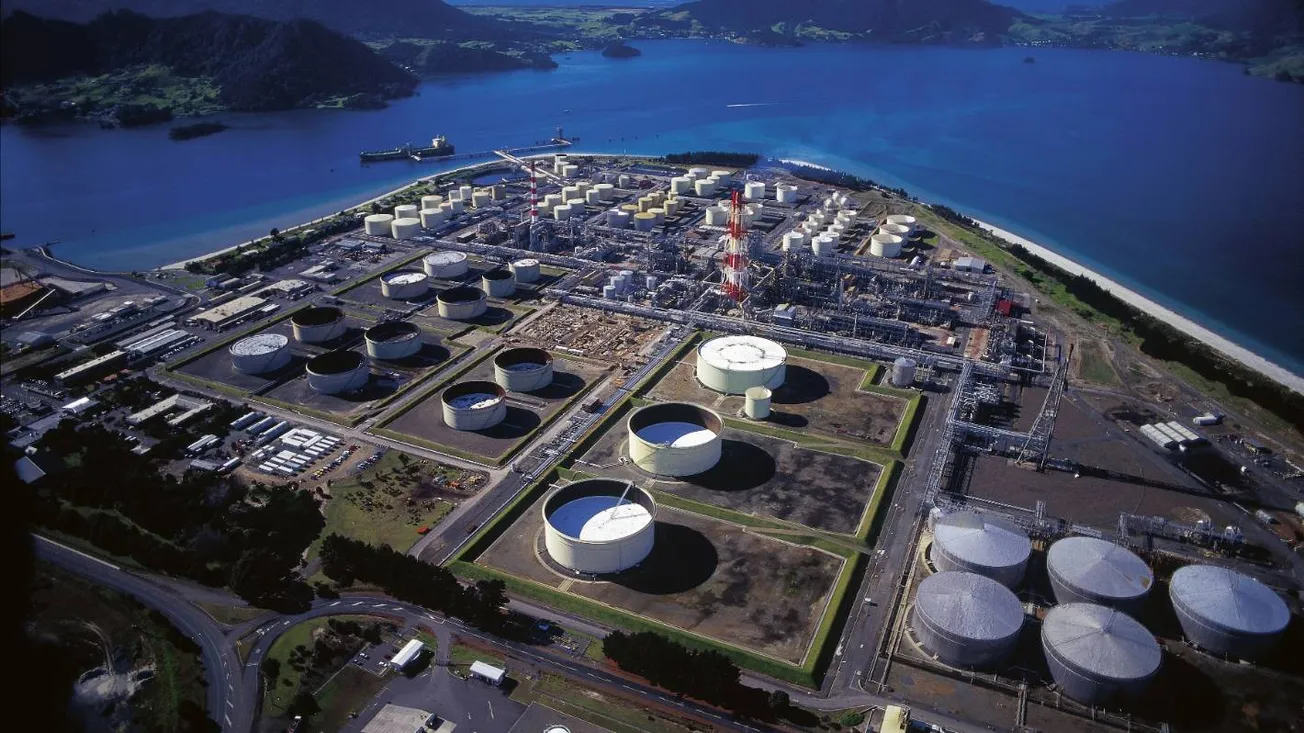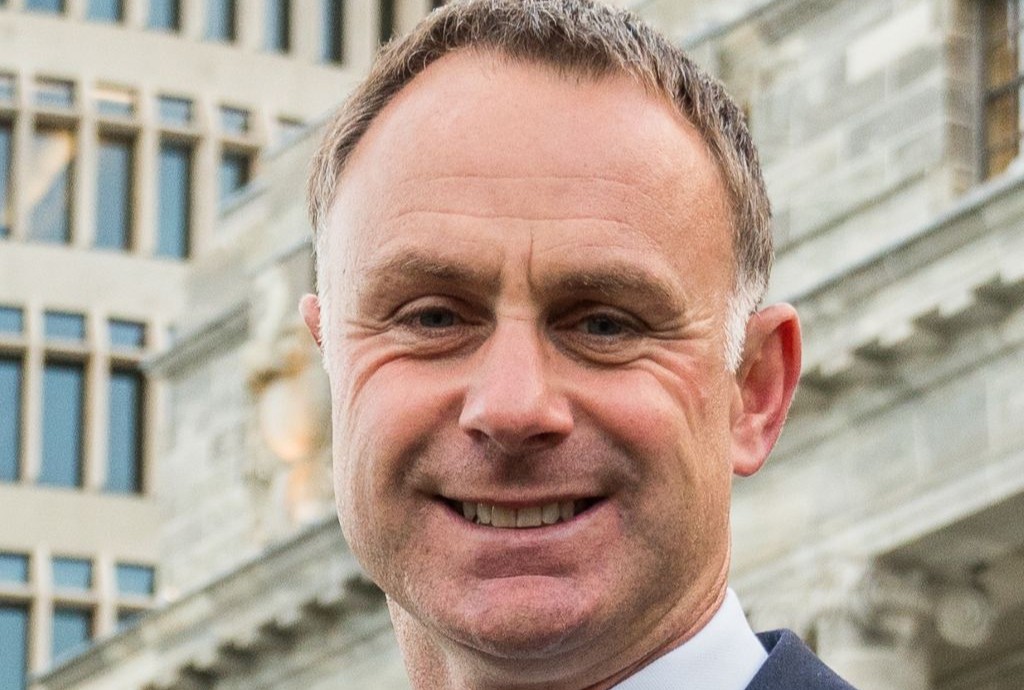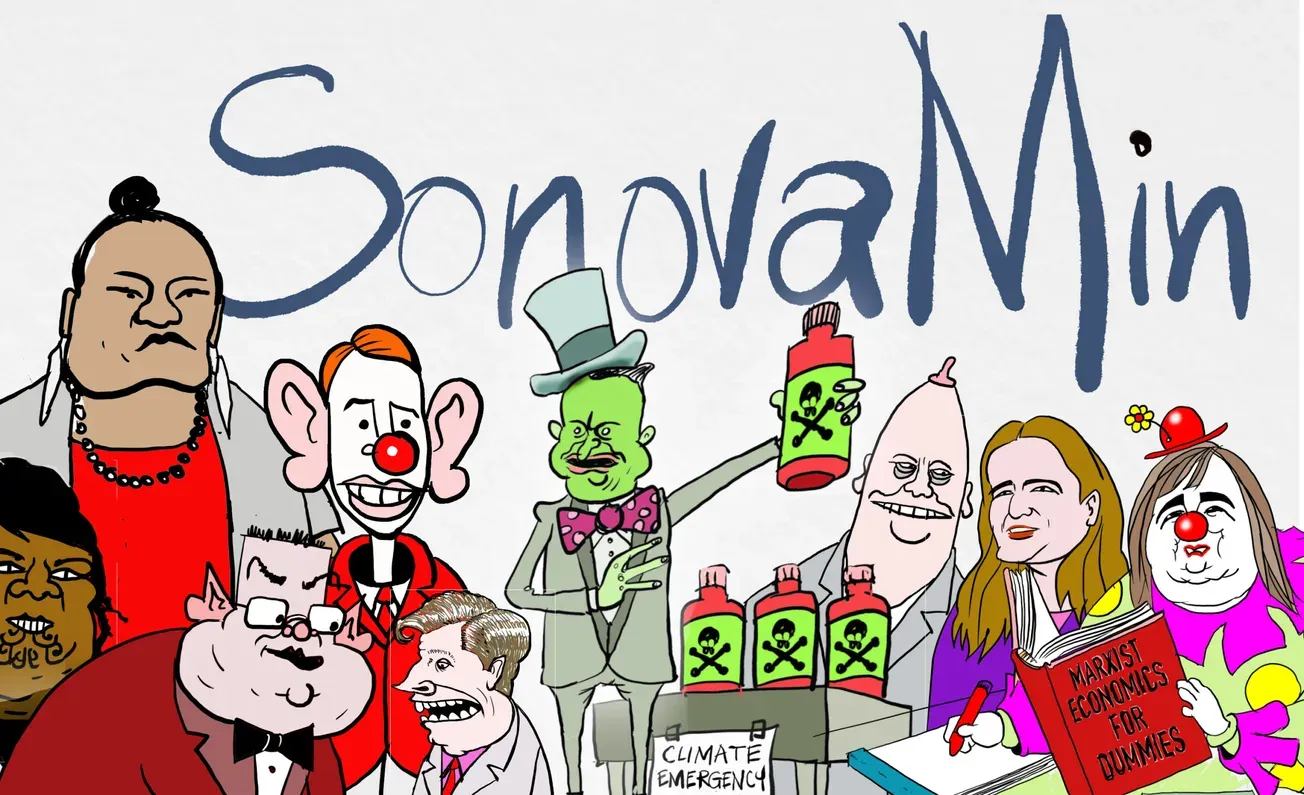Table of Contents
Mark Freeman
New Zealanders are being urged to buy shares in the company that owns the now-decommissioned Marsden Point Oil Refinery as part of a strategy to reopen the refinery.
The refinery used to supply 65–70% of New Zealand’s refined fuel, but its owners, Refining New Zealand—now Channel Infrastructure—closed the refinery in 2022 following a drop in refining profit margins.
A report for the Ministry of Business, Innovation and Employment in 2020 said that closing the refinery would have a “significant impact” on New Zealand’s fuel security, including the “loss of ability to process New Zealand crude in a major supply emergency”. A report by three independent researchers from the group Operation Good Oil, released in 2022, argued that the closure posed “a very clear and present danger to the lives and property of New Zealanders, and if not rectified, will likely cause an immense amount of hardship and damage to New Zealand”.

Collective Action For Energy Stability (CAFES) is a subsidiary of Operation Good Oil whose members own shares in Channel Infrastructure. Two of CAFES’ members, Karl Barkley and Daniel Reurich, are standing for election to Channel Infrastructure’s board of directors at its annual shareholders meeting in Wellington on April 30. Mr Barkley is also proposing a shareholder resolution requiring the board to reinstate the refinery’s operations.
CAFES administrator Gabrielle Tamihana is encouraging people who haven’t bought shares to register with Sharesies or a brokerage service. She’s also asking for as many shareholders as possible to attend the meeting to support Mr Barkley’s resolution and the election of him and Mr Reurich, both of which moves are opposed by Channel Infrastructure’s current directors.
Daniel Reurich, who has been a shareholder in the company since 2019, says currently 52% of its shareholders are small New Zealand investors. “All we need to do is get over that 50% threshold in terms of the number of people that vote.”
The refinery is a piece of New Zealand’s national infrastructure that is key to our energy security, he says. If an event disrupted shipping, then New Zealand could potentially be shut down overnight and only emergency services would get fuel.
“Having Marsden Point refinery restored would actually be useful from an emergency fuel security standpoint. But the more important thing is that the benefits to New Zealand are potentially huge, and the reason why the refinery was built in the first place in 1962 was to hedge against the risk of massive fuel price hikes due to overseas oil embargoes.” The refinery helped New Zealand get through the 1973 oil embargo, he says.
He believes reopening the refinery would be in the interests of many institutional investors because they are directly or indirectly affected by the cost of fuel.
Associate Minister for Energy Shane Jones is investigating reopening the refiner as part of New Zealand First’s coalition agreement with National. However, Mr Reurich says, “We can’t wait around for the politicians. Politicians are generally too slow to move unless they have a particular interest.”
Ms Tamihana would like Channel Infrastructure shareholders to email her at admin@CAFES.org.nz.









